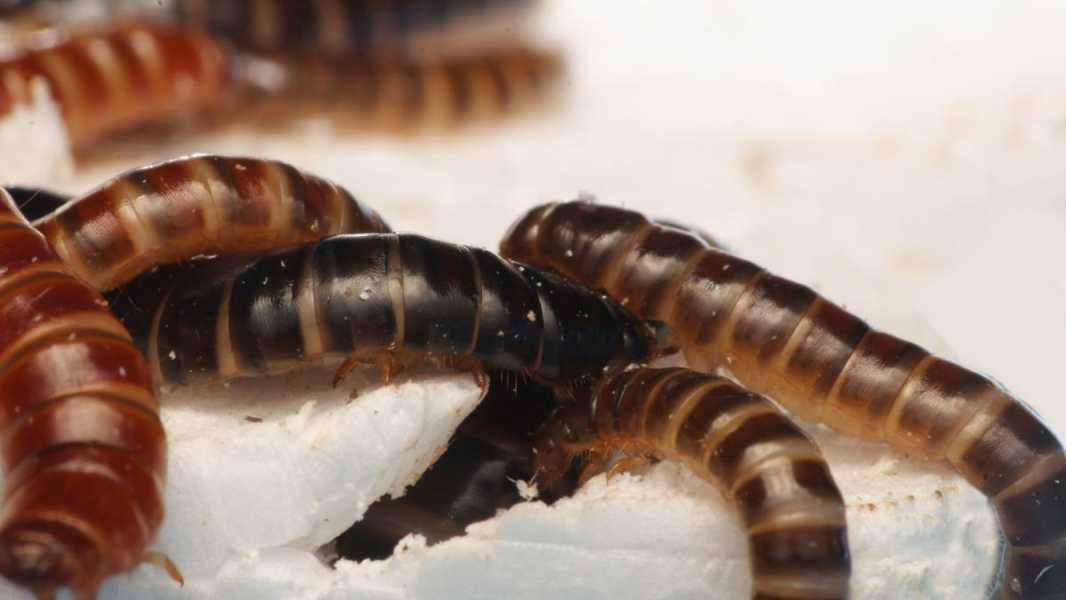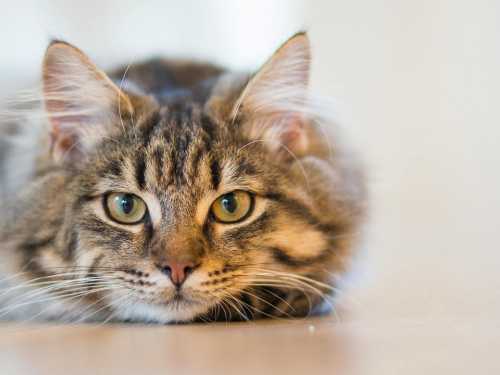
(Image credit: ICIPE)
Scientists may have found an unexpected ally in the fight against plastic waste: the mealworm. The larvae of the beetle genus Alphitobius, which originated in Africa but is now found around the world, are capable of consuming and degrading plastic, research has found.
The researchers stress that the discovery could be particularly useful in the fight against plastic pollution in Africa. The continent has the second-highest levels of plastic pollution in the world, despite producing only 5% of the world's total plastic pollution, according to the World Health Organization.
In a study published Sept. 12 in the journal Scientific Reports, scientists found that small mealworms can digest polystyrene, a type of plastic often found in Styrofoam containers and packaging. The team isn't sure of the species yet and suggests it may be a new subspecies that needs to be identified.
The discovery follows similar findings in other mealworm species around the world. “However, this is the first time that small mealworms from Africa have been documented to have this ability,” study author Fathia Khamis, a scientist at the International Centre for Insect Physiology and Ecology (ICIPE) in Kenya, said in a commentary.
Scientists have found that larvae can digest about 50% of the polystyrene they are offered, and their digestion efficiency increases if the plastic feed is mixed with bran or grain husks.
Bacteria living in the guts of mealworms help break down the complex polymers in plastic. Microbial communities including the genera Kluyvera, Lactococcus, and Klebsiella play a key role in digesting polystyrene, converting it into simpler compounds that mealworms can process without harm.
These bacteria produce enzymes that can break down plastic, so increasing the numbers of these bacteria or enzymes in mealworms could improve plastic recycling without harming the insects themselves.
In the future, scientists may be able to identify specific strains of bacteria and enzymes involved in breaking down polystyrene and use them to recycle plastic waste, the researchers say. The research could pave the way for future conversion of plastic into valuable insect protein for animal feed.
“We also want to study the mechanisms by which the bacteria in the mealworm degrade plastic. We want to understand whether the bacteria are natural to the mealworm or whether they represent a defense strategy acquired after consuming plastic,” said study co-author Evaline Ndotono, a scientist who conducted the research as part of her master’s program at ICIPE.

Jacklyn KwanNavigate Social LinksLive Science Contributor
Jacklyn Kwan is a UK-based freelance journalist who primarily covers science and technology topics. She completed her Masters in Physics at the University of Manchester and received a Gold-Standard NCTJ Diploma in Multimedia Journalism in 2021. Jacklyn has written for Wired UK, Current Affairs and Science for the People.
Sourse: www.livescience.com





